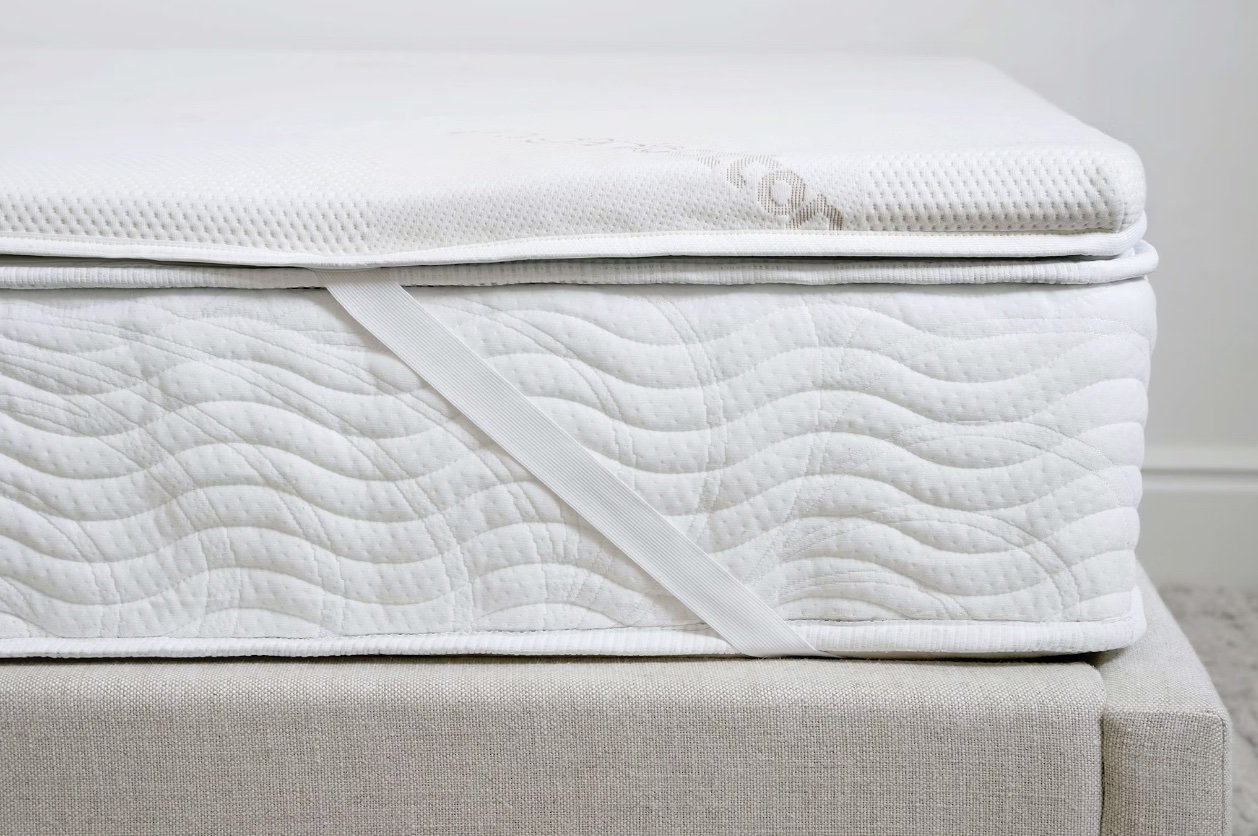Introduction: Understanding Firm Mattresses
Firm mattresses have long been favored for their ability to provide robust support and promote spinal alignment during sleep. Unlike softer counterparts, which offer more give and sinkage, firm mattresses maintain a stable surface that helps evenly distribute body weight. This article explores the benefits of firm mattresses, considerations when choosing one, and their impact on sleep quality and overall health.
Benefits of Firm Mattresses
Firm mattresses offer several key benefits that contribute to better sleep and overall well-being. One primary advantage is their ability to provide optimal spinal alignment. A firm surface helps keep the spine in a neutral position, reducing the risk of misalignment and associated back pain. This is particularly beneficial for individuals with back issues or those who prefer sleeping on their back or stomach. Additionally, firm mattresses offer excellent support for heavier individuals, preventing excessive sinking and ensuring even weight distribution across the mattress surface.

Enhanced Sleep Quality
Sleep quality is significantly influenced by the type of mattress used. Firm mattresses contribute to better sleep quality by minimizing motion transfer. This means movements from one side of the bed are less likely to disturb a partner, leading to undisturbed sleep. Moreover, the firm surface reduces the likelihood of tossing and turning during the night, promoting deeper and more restorative sleep cycles. As a result, individuals often wake up feeling more refreshed and energized after sleeping on a firm mattress compared to softer alternatives.
Improved Posture and Alignment
Maintaining proper posture throughout the night is crucial for overall spinal health. Firm mattresses help support the natural curvature of the spine, which can prevent long-term posture-related issues. By keeping the body properly aligned, firm mattresses support healthy muscle and joint alignment, reducing strain and discomfort that may arise from sleeping on less supportive surfaces. This can be particularly beneficial for individuals who spend extended periods sitting or standing during the day, as it allows the body to recover and realign during sleep.

Durability and Longevity
Another compelling reason to choose a firm mattress is its durability and longevity. Firm mattresses tend to hold their shape and structural integrity longer than softer mattresses, which may compress and develop indentations over time. High-quality materials used in firm mattresses, such as dense memory foam or supportive coils, contribute to their durability by resisting wear and tear. This makes firm mattresses a worthwhile investment, as they often retain their supportive properties and comfort levels for many years with proper care and maintenance.
Temperature Regulation
Temperature regulation is essential for a comfortable sleep environment. Firm mattresses generally offer better airflow and heat dissipation compared to softer mattresses, which can trap body heat and lead to discomfort during sleep. The firmer surface allows for improved air circulation around the body, helping to maintain a cooler sleeping temperature throughout the night. This is particularly advantageous for individuals who tend to sleep hot or experience night sweats, as a cooler sleep environment can enhance overall sleep quality and comfort.

Considerations When Choosing a Firm Mattress
While firm mattresses offer numerous benefits, it’s essential to consider several factors when selecting the right one for your needs. One crucial consideration is personal preference and comfort. Despite the benefits of firm support, some individuals may find firm mattresses too rigid or uncomfortable, especially if they are accustomed to softer sleeping surfaces. It’s important to test different firmness levels and mattress types to find the optimal balance between support and comfort that suits your sleep style and preferences.
Adjustment Period
Transitioning to a firm mattress may require an adjustment period, particularly if you are switching from a softer mattress. The body needs time to adapt to the firmer surface and adjust sleeping positions accordingly. During this adjustment period, it’s normal to experience mild discomfort or stiffness as muscles and joints acclimate to the new sleeping surface. Gradually increasing the amount of time spent sleeping on the firm mattress can help ease this transition and allow for more restful sleep over time.

Partner Compatibility
If sharing a bed with a partner, consider their preferences and sleeping habits when choosing a firm mattress. While firm mattresses generally reduce motion transfer, individual comfort preferences may vary. Opting for a mattress with minimal motion transfer properties can help ensure both partners enjoy uninterrupted sleep, even if one person tends to move or shift positions frequently during the night. Additionally, selecting a mattress size that accommodates both individuals comfortably can further enhance sleep quality and overall satisfaction.
Maintenance and Care
Proper maintenance and care are essential for maximizing the lifespan and performance of a firm mattress. Regularly rotating the mattress can help prevent uneven wear and maintain its supportive properties over time. Depending on the mattress type, periodic flipping may also be recommended to promote even compression and extend durability. Additionally, using a mattress protector can help shield the mattress from spills, dust, and allergens, further preserving its cleanliness and longevity. Following manufacturer guidelines for cleaning and maintenance ensures the mattress remains in optimal condition for years of restful sleep.

Benefits of Firm Mattresses
- Spinal Alignment and Support: Firm mattresses offer a solid surface that keeps your spine properly aligned while you sleep. This alignment helps alleviate pressure points and reduces the risk of back and neck pain, especially for those who prefer sleeping on their back or stomach.
- Reduced Motion Transfer: If you share your bed with a partner, a firm mattress can minimize disturbances caused by movement during the night. This feature ensures that both you and your partner enjoy uninterrupted sleep, enhancing overall sleep quality.
- Longevity and Durability: Firm mattresses are often made with durable materials that maintain their shape and support over time. This longevity makes them a worthwhile investment, as they can provide consistent comfort and support for many years with proper care.
- Temperature Regulation: Compared to softer mattresses that can retain body heat, firm mattresses typically offer better airflow and heat dissipation. This cooling effect can contribute to a more comfortable sleep environment, particularly for individuals who tend to sleep hot.
Conclusion: Choosing the Right Firm Mattress
In conclusion, firm mattresses offer a range of benefits that contribute to improved sleep quality, enhanced posture, and long-term spinal health. By providing robust support and maintaining proper alignment, firm mattresses help alleviate back pain, reduce motion transfer, and promote deeper, more restorative sleep cycles. When selecting a firm mattress, consider factors such as personal comfort preferences, durability, temperature regulation, and partner compatibility to ensure a comfortable and supportive sleeping experience. With the right firm mattress, you can enjoy the benefits of a restful night’s sleep and wake up feeling refreshed and rejuvenated each morning.









